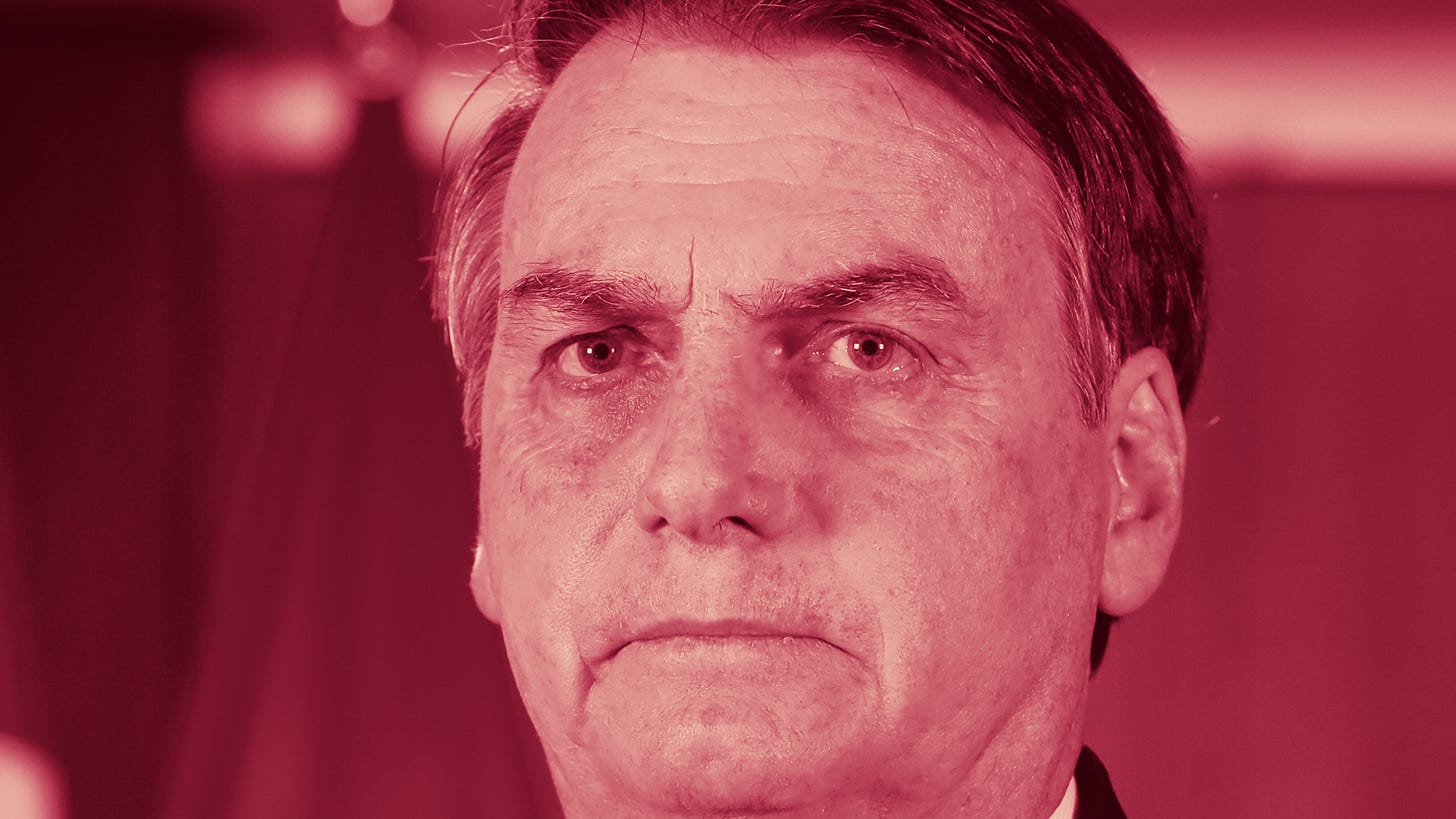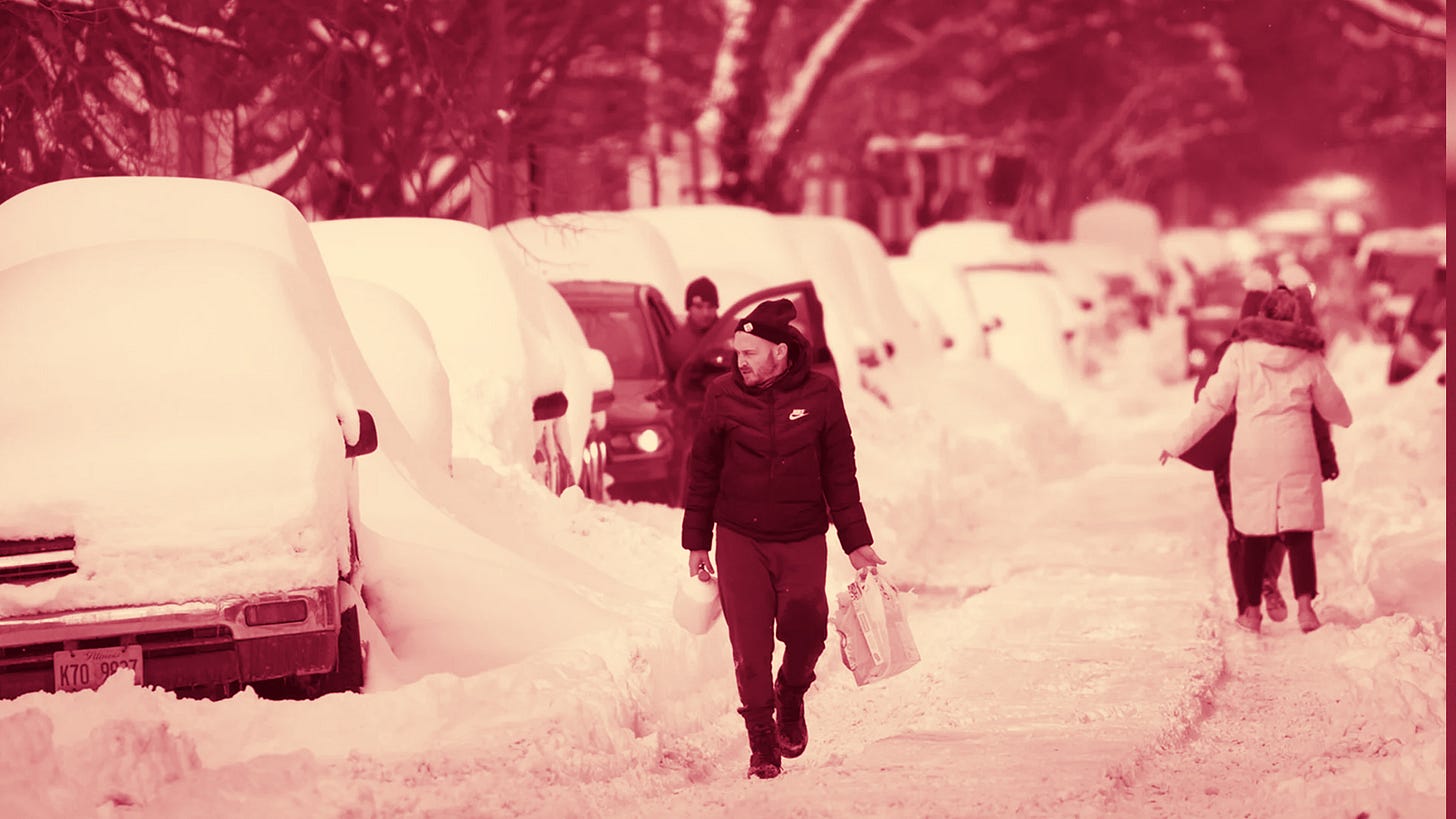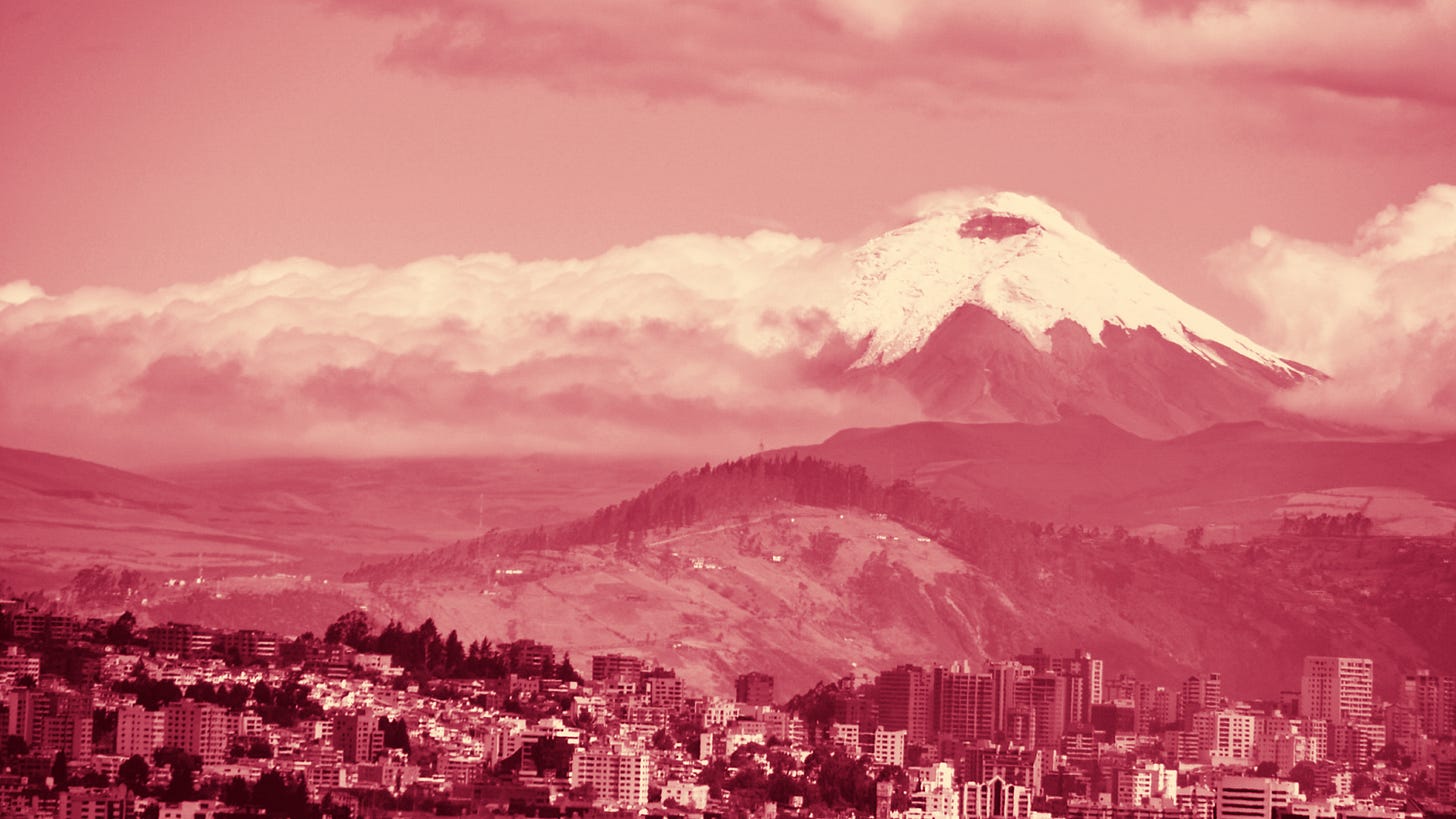LatamPolitik: Brazilian Fears, Mexican Gas and Ecuador Elections
All Roads Lead to Petrobras
What’s old: Since Petrobras was founded in 1953, successive Brazilian governments have never been able to figure out just how independent the state-owned oil company should be. Even current President Jair Bolsonaro — hardly one to hold his tongue — has tread lightly around Petrobras, assuring investors time and again that he will not interfere in the company’s operations. Case in point: Bolsonaro nominated Paulo Guedes as his economy minister and Roberto Castello Branco as Petrobras CEO – both advocates of privatizing Petrobras.
What’s new: Bolsonaro, however, fired Castello Branco on Feb. 19 after the company raised fuel prices for the fourth time this year and suggested more would follow, all with “the greatest good of our nation in mind.” It was a legally squishy move, one that appeared might bring about resignations in his government or at Petrobras, but the government has since rallied around Bolsonaro, saying the president was acting within his legal powers and has no intention of intervening in the actual pricing of fuel. Brazil's securities industry watchdog is going to investigate to make sure. Shares of Petrobras, meanwhile, cratered Monday morning — as did Brazilian stocks more broadly.
What’s the point? Recall that Petrobras was at the center of Operation Car Wash, the massive corruption scandal that essentially brought down former Brazilian President Dilma Rousseff. Dilma’s replacement, Michel Temer, was generally unpopular, but it wasn’t clear that he would decline to seek reelection until 2018 — that is, after Brazilian truck drivers went on struck over the price of diesel. With those same truckers now threatening to strike again, and with the president’s approval ratings in freefall, Bolsonaro the Populist is doing the work Bolsonaro the Libertarian couldn’t or wouldn’t.
Line chart of Petrobras stock price
So Far from God, so Close to Texas
What’s old: It’s no secret that the United States is Mexico’s most important trading partner. In 2019, the U.S. accounted for 45.3 percent of Mexican imports and a whopping 77.9 percent of exports. Mexico’s energy dependence on the U.S. is similarly substantial. The Mexican government expects to import roughly 70 percent of its natural gas needs in the next few years, and 90 percent of Mexican natural gas imports come from the U.S. President Andrés Manuel López Obrador has made energy self-sufficiency one of his government’s top priorities and is currently fighting a fierce political battle to reform Mexico’s electricity industry for that very reason.
What’s new: Extreme cold weather and a negligent lack of preparedness left millions of Texans without electricity last week. In response, Gov. Greg Abbott restricted the export of natural gas from Feb. 17 to Feb. 21, leading to a significant decline in U.S. natural gas exports and blackouts throughout northern Mexico.
What’s the point? AMLO could not have dreamed up a more perfect scenario to support his reforms or his well-known desire to give the state a more active role in Mexico’s energy industry. In his own words, “if we don’t have economic independence, energy independence, we cannot guarantee our sovereignty.” Will Mexico be able to pull it off? Is AMLO the man for the job? Maybe so, maybe not. But what happened in Texas last week will no doubt breathe new life into efforts to diversify Mexico’s economic dependence on the U.S.
Mexico’s imports by country
Ecuador’s Elections
What’s old: Ecuador held the first round of its presidential elections on Feb. 7. It looked as though indigenous candidate Yaku Pérez had made it safely to the second round, only to be passed by Guillermo Lasso, a millionaire former banker and ex-Coca-Cola executive. Pérez’s supporters have been protesting ever since.
What’s new: Ecuador’s electoral commission finally announced the official results of the first round of voting on Feb. 21. Left-wing economist Andres Arauz took 32.72 percent of the vote, while Lasso edged out Perez by a mere 0.35 percent to take second place. (Pérez said he had already filed a complaint and that the commission’s announcement didn’t matter.) Notably, President Lenin Moreno decided against running for reelection after his popularity nosedived, thanks largely to a $4.2 billion loan from the International Monetary Fund, the terms and conditions for which incited protests back in 2019.
What’s the point? Pérez too often gets pigeon-holed as “the indigenous candidate.” Only 7 percent of Ecuadorians self-identify as indigenous, yet Pérez was able to earn nearly 20 percent of the vote (according to the electoral commission, anyway). In that sense, he may represent a much different vision of Ecuador than either Arauz or Lasso. Domestically, Pérez has more in common with Arauz — who is on record as saying he will defy all conditions of the IMF loan — but when it comes to foreign policy, Pérez is much more open to the U.S. and the IMF. How Ecuador resolves its electoral drama will there have implications for external powers looking for a foothold in the region.
Extra! Extra!
Argentina’s National Secretariat of Internal Trade accused several companies of limiting production and withholding deliveries of food, creating shortages and forcing a rise in consumer prices.
Nicaragua’s National Assembly created a new National Ministry for Extraterrestrial Space Affairs, The Moon and Other Celestial Bodies.
Venezuelan President Nicolas Maduro offered to supply Mexico with natural gas.
The Dominican Republic, one of four Latin American countries that bans abortion in all cases, is considering revising its laws to allow abortion if a woman’s life is in danger or in cases of rape or incest.
Fuel prices in Nicaragua have risen for eight consecutive weeks.








